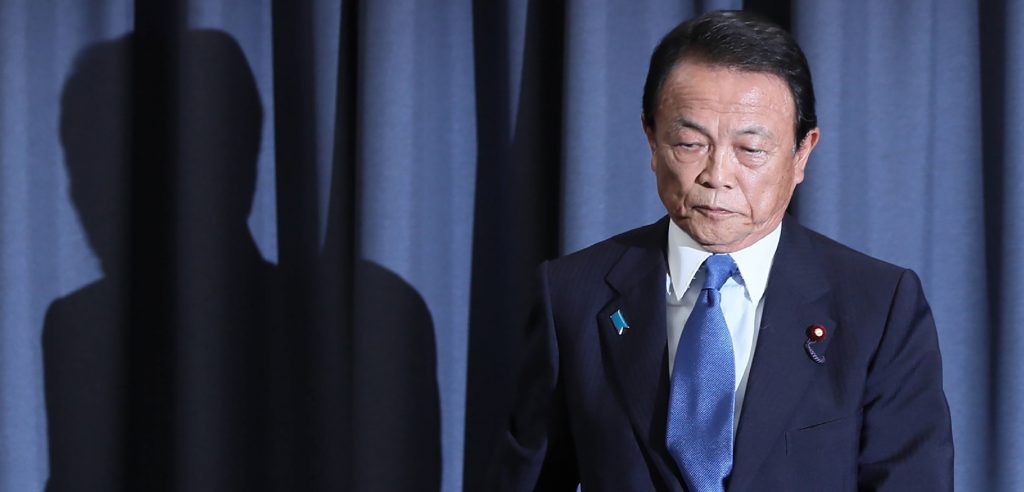
- ARAB NEWS
- 31 Jul 2025

TOKYO: Top finance and monetary officials of the Group of Seven major industrial nations agreed Tuesday to "consider further near-term actions" to stabilize the world economy amid the global coronavirus crisis.
At a videoconference, the finance ministers and central bank chiefs of the seven nations -- Britain, Canada, France, Germany, Italy, Japan and the United States -- plus officials of the European Union also confirmed plans to provide developing nations affected by the coronavirus pandemic with financial aid, such as stepped-up loans through the International Monetary Fund and a debt moratorium.
"The scale of this health crisis is generating unprecedented challenges for the global economy," a chair's summary adopted at the virtual meeting said. The G-7 officials recognized that "an extraordinary and well-coordinated international response is critical to reducing the depth of the crisis," it said.
"There is a large-scale need for resources and technical assistance" as countries around the world strive to enhance their health systems and mitigate the economic fallout, the document said, apparently referring to developing nations.
The G-7 officials reiterated their pledge to "do whatever is necessary" to restore economic growth and protect jobs, businesses and the resilience of the financial system.
The officials shared their thoughts on the current situation ahead of a videoconference on Wednesday among finance ministers and central bank chiefs of the Group of 20 advanced and emerging economies, including the G-7 countries, as well as Australia, Brazil, China, South Africa and the EU.
They exchanged opinions on policy responses and the current state of the global economy at a time when demand is shrinking due to restrictions on the movement of people and goods imposed by nations around the world to prevent the spread of the novel coronavirus.
They also affirmed that the G-7 nations will act in a concerted manner to try to reduce the pandemic's impacts on economic activities as much as possible and lay the foundation for a powerful economic recovery after the epidemic is brought under control.
From Japan, Finance Minister Taro Aso and Bank of Japan Governor Haruhiko Kuroda participated in the G-7 videoconference.
Aso, who also serves as deputy prime minister and financial services minister, explained the 108-trillion-yen emergency economic stimulus package adopted by the Japanese government last week in response to the virus crisis.
It is believed that the international community should offer support to developing countries with weak financial bases and insufficient health care systems in order to help prevent the coronavirus from spreading further from these countries.
On top of securing financial resources for expanding loans to such developing countries through the IMF, it is necessary to pave the way for reaching an agreement on a debt moratorium for them through coordination among parties including China, which has massive loan claims on developing nations.
The G-7 countries are broadly in agreement on these issues, Aso said at a press conference after the videoconference.
The G-7 session was originally slated to take place in the United States,but was switched to the virtual format amid the virus crisis. The virtual meeting was chaired by U.S. Treasury Secretary Steven Mnuchin.
JIJI Press